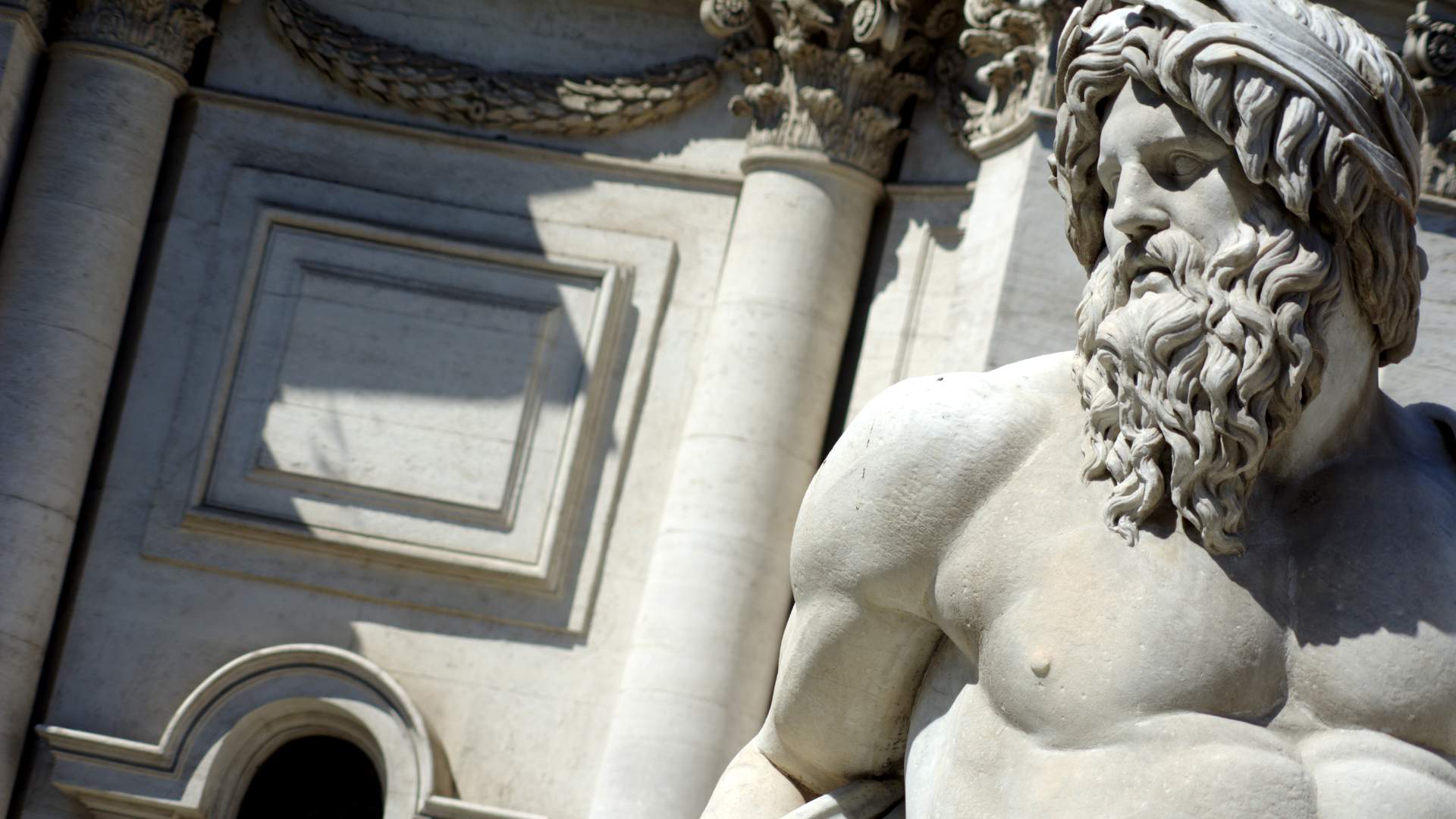Zeus: King of the Gods, Myths, Symbols & Enduring Legacy

Zeus: King of the Greek Gods, Ruler of the Skies
Zeus, the almighty thunderer, reigns supreme in the pantheon of Greek gods. His name evokes images of crackling lightning, booming thunder, and the vast expanse of the sky. But Zeus is much more than just a weatherman – he’s a complex and fascinating figure whose stories have captivated audiences for millennia. This comprehensive look at Zeus delves into his myths, powers, symbols, and enduring legacy.
From Mythical Birth to Olympian Rule
Zeus’ origins are steeped in drama. The son of the Titans Cronus and Rhea, he was destined for greatness, but not without a fight. Cronus, fearing a prophecy that one of his children would overthrow him, devoured each of his offspring as they were born. Rhea, determined to save Zeus, tricked Cronus and hid the infant away in Crete. There, Zeus grew to adulthood, fueled by a desire for vengeance.
With the help of his mother and the Titaness Gaia, Zeus launched a great war against Cronus and the Titans. This epic conflict, known as the Titanomachy, shook the very foundations of the cosmos. Ultimately, Zeus emerged victorious, freeing his siblings and claiming his rightful place as king of the gods.
The King on Mount Olympus
Zeus established his throne atop Mount Olympus, the highest peak in Greece. Here, he presided over a grand palace, surrounded by his court. The Olympian gods, including his wife Hera, his siblings Poseidon and Hades, and his children such as Apollo, Artemis, and Athena, all had their own dwellings on the mountain. This divine city served as the center of power and the stage for many of the stories recounted in Greek mythology.
A Multifaceted God
Zeus wasn’t just a ruler; he embodied a multitude of concepts essential to the Greek worldview. As the sky god, he controlled the weather, wielding thunderbolts as his weapon and bringing life-giving rain. He was also the god of law and justice, enforcing order through pronouncements from his oracle at Delphi and doling out punishment to those who transgressed his laws. Additionally, Zeus was seen as a protector of kings and a symbol of strength and authority. His role as the chief deity ensured the stability of the cosmos and the well-being of humanity.
A Lover of Many
Zeus, however, was not known for his fidelity. His romantic exploits were a constant source of amusement and drama in Greek mythology. He had numerous affairs with both goddesses and mortal women, resulting in a vast progeny of heroes, demigods, and even monsters. Some of his most famous children include the warrior goddess Athena (born from his forehead!), the cunning trickster god Hermes, the powerful twins Apollo and Artemis, and the demigod Hercules, renowned for his twelve labors.
Zeus' Enduring Legacy
The influence of Zeus extends far beyond the realm of ancient Greece. Roman Jupiter, the head of the Roman pantheon, shares many similarities with Zeus. Artistic depictions of Zeus, often as a bearded, muscular man, continue to inspire artists and sculptors today. His stories explore themes of power, justice, fate, and family – themes that remain relevant even in the modern world.
Understanding Zeus: Helpful Insights
Zeus’ role as king: By studying Zeus, we gain insight into the Greek view of leadership. Unlike a modern constitutional monarch, Zeus ruled with absolute power. His role as king mirrored the natural order of the cosmos, where the sky (Zeus’ domain) reigned supreme over the earth and sea. This concept of a hierarchical order, with Zeus at the top, was central to the Greek worldview.
The concept of divine justice: Zeus’ judgments, often harsh and unforgiving, offer a window into the Greek conception of right and wrong. Acts of defiance against the gods, breaches of hospitality, and broken oaths were severely punished by Zeus. These stories served as a cautionary tale for mortals, reminding them of the consequences of transgressing the divine will.
The importance of family: Despite his flaws as a husband, Zeus’ relationships with his children, both positive and negative, highlight the complexities of family dynamics, even among the gods. His favoritism towards certain children, such as Heracles, and his often troubled relationship with his wife Hera, resonate with the challenges faced by human families.
The power of myth: The stories of Zeus are not simply entertaining tales; they serve as a captivating introduction to Greek mythology, offering valuable lessons about human nature and the forces that govern the universe. Through Zeus’ myths, we explore themes of fate and free will, the importance of order and justice, and the struggle between the divine and the human.
In Conclusion
Zeus is more than just a mythological figure; he’s a cultural icon whose influence continues to resonate. Understanding his myths and symbolism provides a deeper appreciation of ancient Greek religion and its lasting impact on Western civilization. So, the next time you hear thunder rumble, remember Zeus, the king of the gods, forever reminding us of the power and mystery of the sky.
you may also read
do you want to say something to the shy dinosaur ?
Remember, I’m shy so don’t say too many nice things to me, I might lose my consciousness.





